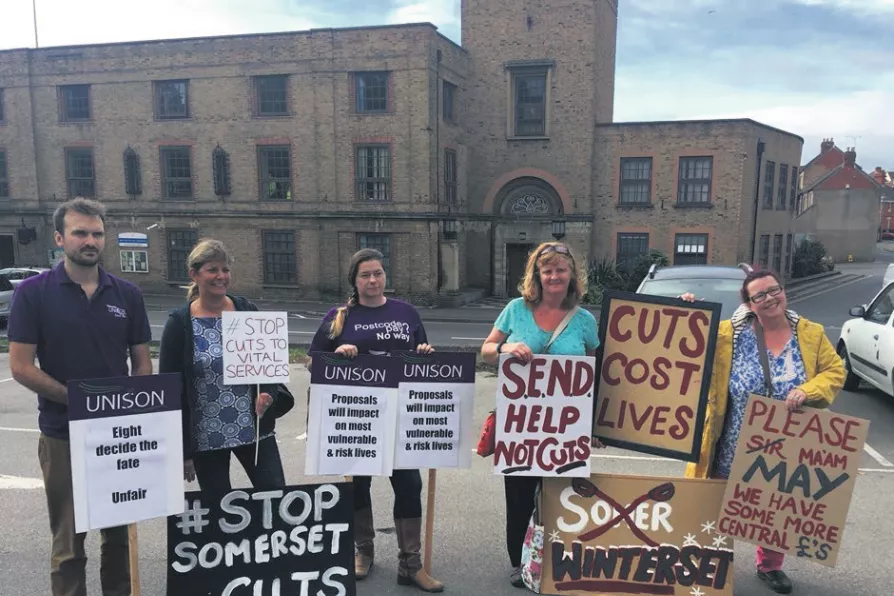As tens of thousands return to the streets for the first national Palestine march of 2026, this movement refuses to be sidelined or silenced, says PETER LEARY


LOCAL government trade unions fighting against council budget cuts face a Groundhog Day scenario.
Once again across the negotiating table sit councillors who despite standing for election on an anti-austerity ticket, wring their hands saying they do not want to make these budget cuts, but they have no choice, their hands are tied by Holyrood or Westminster, therefore they have to implement a legally balanced budget and make these “savings.”
Sitting looking on is the senior council officers making sure they do just that.

Our charter’s demands for fair pay, affordable housing and environmental security will recruit working-class youth into the political struggle for socialism, emulating the success of the Women’s Charter, writes YCL general secretary GEORGINA ANDREWS

VINCE MILLS gathers some sobering facts that would inevitably be major obstacles to any such initiative

From Workers’ Memorial Day to May Day rallies, TOM MORRISON examines the real challenges facing the labour movement as Reform UK’s glossy literature exploits legitimate grievances in traditional left strongholds











